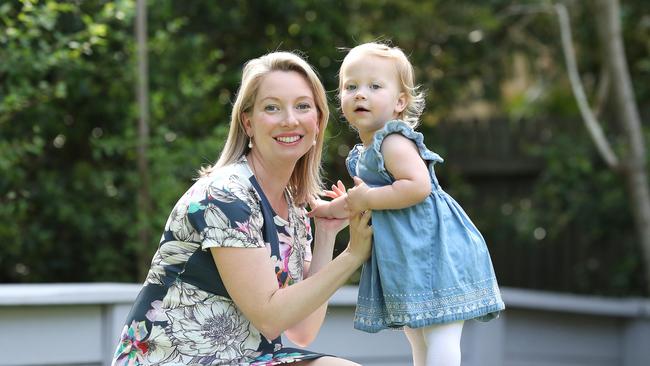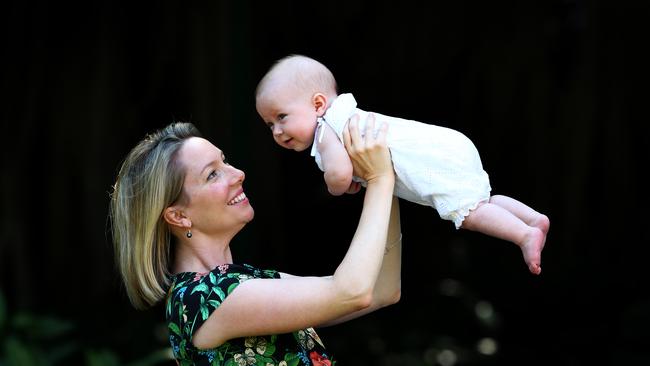Campaign urges women to keep track of baby movement
IT’S a tragedy that has a profound impact on the entire family, yet many mothers still don’t know the warning signs they should be watching.
QLD News
Don't miss out on the headlines from QLD News. Followed categories will be added to My News.
EXPECTANT parents must be educated on the importance of fetal movement in a bid to reduce the number of stillbirths.
The nation’s leading stillbirth research organisation has called for urgent funding for a national stillbirth prevention campaign to teach parents the importance of being aware of their baby’s movements.
Marking Pregnancy and Infant Loss Awareness Week, Queensland’s Centre of Research Excellence in Stillbirth has launched the Movements Matter campaign, which is currently targeting Victorian women.
More than 2000 babies are stillborn in Australia each year and the rate of stillbirth has remained unchanged for more than 20 years.

This is despite new research revealing up to a third may be preventable.
The campaign is based on new national guidelines developed by Stillbirth CRE.
Stillbirth CRE director Professor Vicki Flenady said expectant mothers should contact a midwife or doctor immediately if they notice any change in their baby’s unique pattern of movements.
“Learning to observe a baby’s unique pattern of movements can help expectant parents notice if there are any changes, such as a reduction in the frequency or strength of the baby’s movements,” she said.
Prof Flenady said Federal Parliament’s current Senate inquiry into stillbirth research and education should heed international evidence that awareness campaigns can reduce the incidence of stillbirth.
“The Federal Senate inquiry into stillbirth urgently needs to recommend funding a nationwide, lifesaving information campaign that includes Movements Matter and a full maternity care bundle to reduce stillbirth rates in Australia.”

The Courier-Mail education reporter Lauren Martyn-Jones tragically lost her precious little girl Audrey on March 21 last year.
She was pregnant with twins and could feel movement right up until the moment she went into labour.
But autopsy results showed that Audrey passed away the day before her birth.
Her sister Lillian is now 18 months and Ms Martyn-Jones is expecting her third child early next year.
“Sadly, I think many pregnant women are told more about the risk of contracting listeria from eating sushi or soft cheese while pregnant than to monitor their baby’s movements and raise the alarm if they notice changes,” she said.
“If we are going to turn around the rate of stillbirth in this country, we need to start talking about it more.
“Not a day passes when I don’t think of my daughter Audrey and desperately wish she was here with us, and most especially with Lillian.
“To carry a baby but lose the chance to take them home and watch them grow changes you profoundly.”
Expecting mothers have been warned not to believe baby movement myths. These include:
• Babies move less towards the end of pregnancy
• The position of your baby’s placenta impacts your baby’s movements
• Body size or having a large BMI means you won’t be able to feel the baby’s movements as well
If you are worried, night or day, contact a doctor


